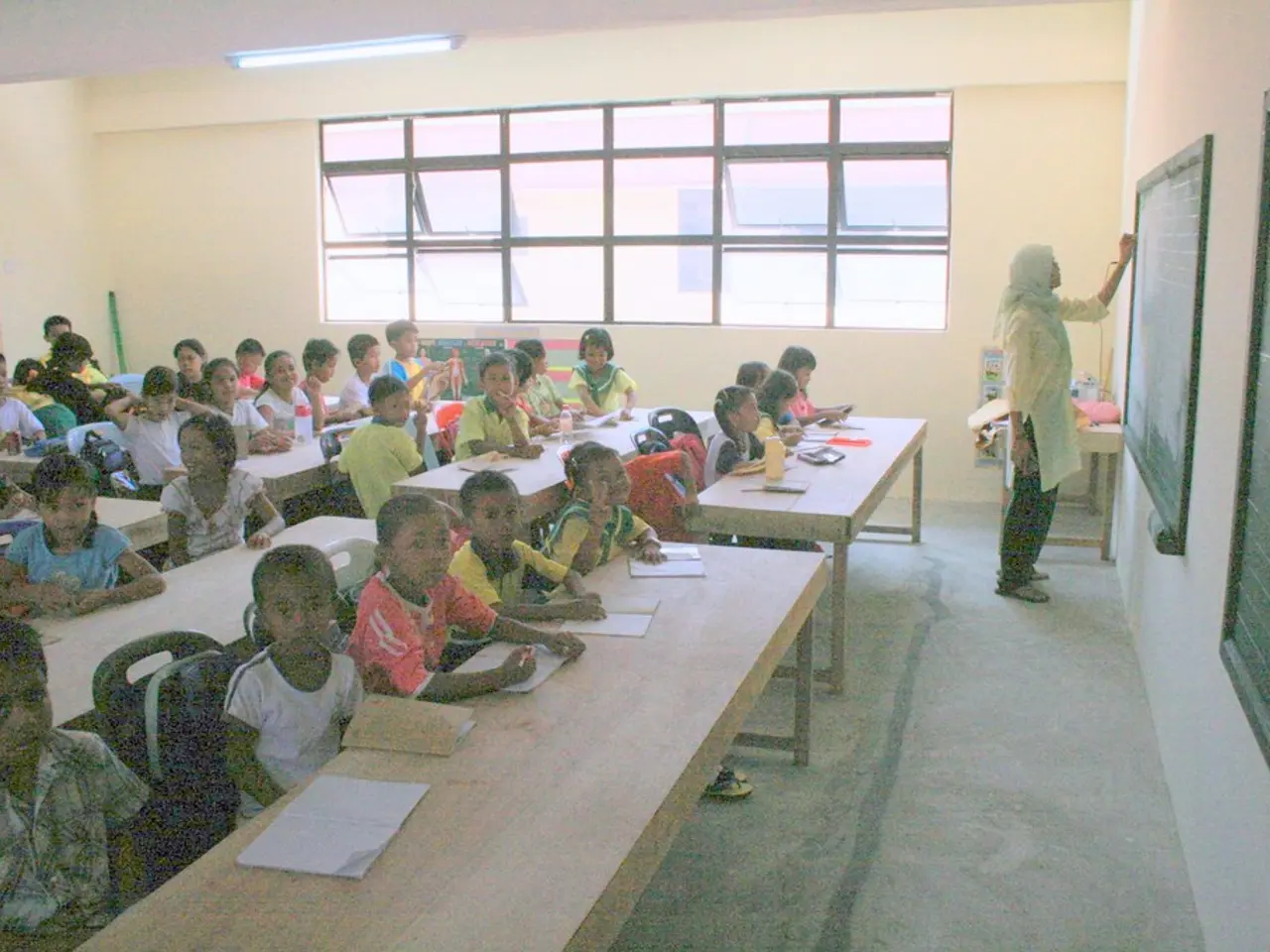Guiding the Novice: Navigating the Realm of Self-Aware Thought Processes - Metacognition for Dummies
In the realm of cognitive development, metacognition – the art of thinking about thinking – plays a pivotal role. Evident in everyday life, from adjusting cooking timings to steering discussions, metacognition encourages us to pause, evaluate, and consider alternatives, leading to better problem-solving and decision-making.
Metacognition is divided into two categories: metacognitive knowledge (awareness of cognitive abilities, learning styles, and strategies) and metacognitive regulation (the ability to plan, monitor, and adjust thinking and learning). Strengthening these abilities can significantly improve learning, problem-solving, decision-making, and emotional control.
Here are some practical strategies to strengthen metacognitive skills on a daily basis:
**1. Mindfulness and Meditation** Regular mindfulness exercises and meditation help focus the mind on the present moment, reducing cognitive overload and improving attention. These practices enhance self-awareness and emotional regulation, crucial for metacognitive development.
**2. Self-Reflection Exercises** Daily journaling and self-questioning are effective self-reflection techniques. By reflecting on experiences, thoughts, and feelings, one can evaluate learning strategies and make adjustments.
**3. Learning Strategies** Summarizing and reviewing new learning, and asking questions, are powerful metacognitive learning strategies. These techniques reinforce understanding and retention, making learning more effective.
**4. Active Learning Techniques** Engaging in puzzle-solving activities and role-playing scenarios can promote cognitive flexibility and decision-making. These activities challenge problem-solving abilities and improve adaptive thinking.
**5. Metacognitive Awareness in Daily Tasks** Breaking down complex tasks into smaller steps and analyzing one's thought process during each step can identify areas for improvement. Recognizing and reflecting on mistakes is crucial for developing metacognitive skills.
By incorporating these strategies into daily life, one can enhance metacognitive abilities, leading to improved overall cognitive function and decision-making. Strengthening metacognitive muscles is a worthwhile investment for faster learning, wiser choices, and self-understanding.
Moreover, certain supplements, such as L-theanine + caffeine, citicoline, bacopa monnieri, and rhodiola rosea, may enhance metacognitive capacity by supporting calm alertness, attention, mental energy, memory, and learning speed.
In conclusion, metacognition is the key to understanding how and why we think. By making thinking about thinking a habit, we can cultivate a mind that not only thinks but understands its own processes. A well-nourished, well-rested, and well-exercised brain supports metacognitive growth. So, let's start nurturing our metacognitive abilities for a brighter, more cognitively capable future.
Education and self-development can immensely benefit from strengthening metacognitive skills through strategies like mindfulness and meditation, self-reflection exercises, learning strategies, active learning techniques, and metacognitive awareness in daily tasks. Such practices encourage personal growth and learning, leading to improved problem-solving, decision-making, and emotional control.




